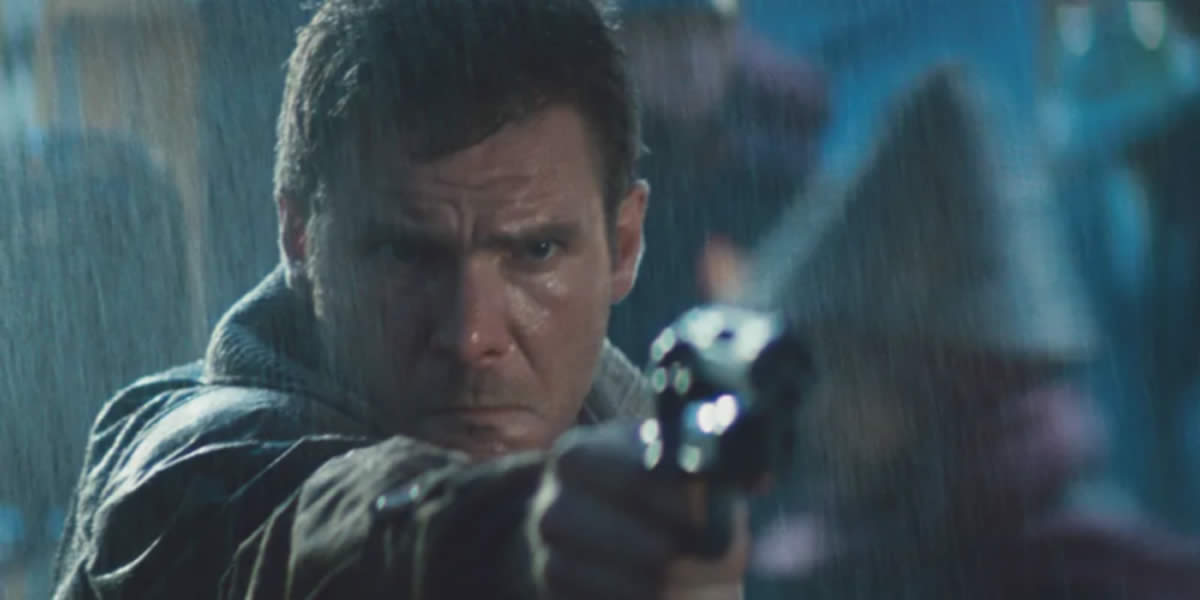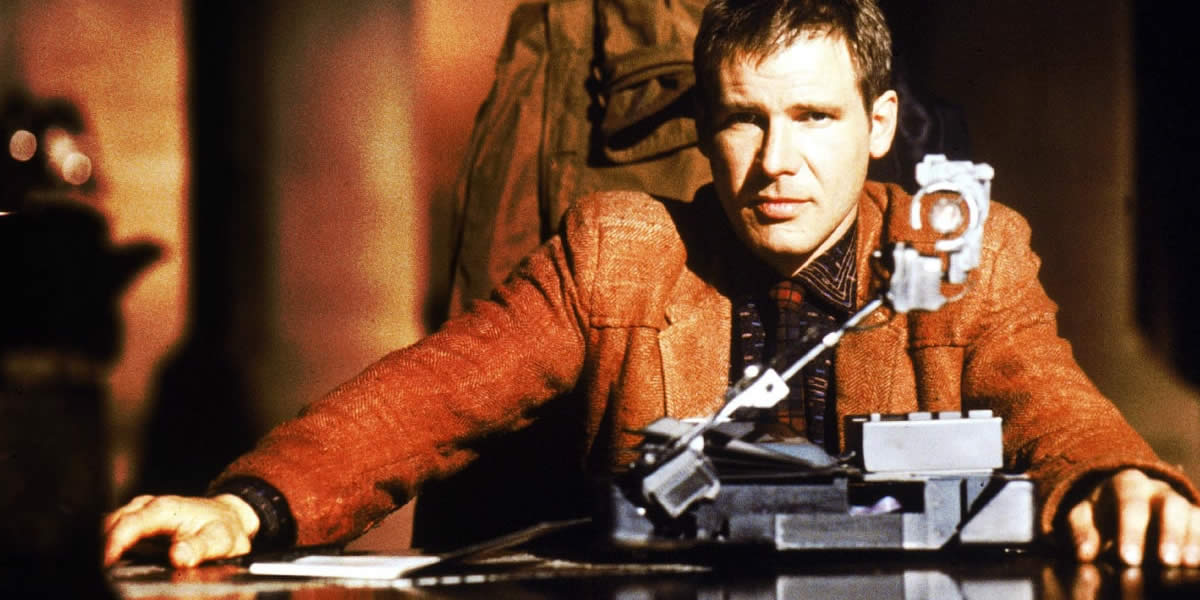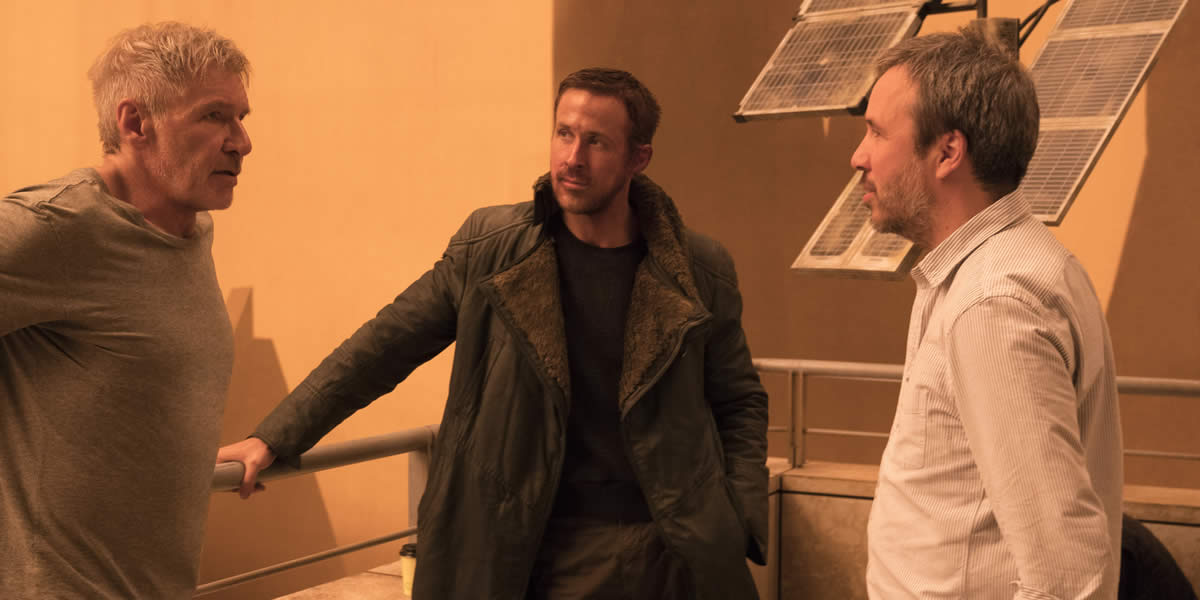One of the most influential 80s movies was the 1982 science fiction film Blade Runner which philosophically explored the humanity of the era.
Blade Runner stands out as one of the most influential 80s movies thanks to its ability to combine and intertwine imagination and technology. The movie captured the essence of the 80s, with a very futuristic vision, and groundbreaking special effects. Although the film was initially received with mixed reviews, it has long since gained a cult following. Today, it is considered a quintessential example of the cyberpunk genre. And, Blade Runner helped to shape the appeal of the dystopian future, which remains a cornerstone of modern-day cinema.
The 80s Movies Technology of Blade Runner
The 80s were full of technological advancements and cultural shifts. Many of these advancements and shifts heavily influenced the entertainment of the era. There was an increased popularity of science fiction books and films. And, the Cold War tensions of the time constantly reminded people of the possibility of a dystopian future. All of these concepts intertwined with one another in order to create the bleak, hyper-industrialized future where humans and synthetic beings struggle to survive.
It’s important to remember that the 80s were an era of economic growth and consumerism. People simply had more disposable income at the time. This concept was symbolized in Blade Runner where colossal advertisements loom over everything, symbolizing the control that corporations had over the world. The film portrayed futuristic cities that were overcrowded and heavily polluted. The film also touched on the growing concerns about environmental degradation, urbanization, and the loss of individuality.
80s Movies – from Cyberpunk to Philosophy
Perhaps the biggest reason for the success of Blade Runner in 80s movies was its ability to touch on philosophy, the possibility of a dystopian future, and the role that technology will have in it.

Cyberpunk and A Dystopian Future
Without question, one of the biggest contributions that Blade Runner made to the 80s, was the cyberpunk genre. Although cyberpunk had been around for quite some time prior to the film’s creation, it was never fully realized. In fact, the only reason cyberpunk had been integrated into the film so seamlessly, was as a result of the many advancements in science and technology during the early part of the decade.
The film explored artificial intelligence, urban decay, and corporate greed. All of these concepts resonated with fears of the time about the future. The style of the film was heavily influenced by film noir, featuring trench coats, dark shadows, and ambiguous characters. The director captured the look of a dystopian future that fused high technology with lowlife environments.
The Rise of CGI in 80s Movies
The film Blade Runner was revolutionary for its time. Yet, it made no use of CGI. Through the use of practical effects, the film set a whole new standard for visual world-building. They created a futuristic skyline complete with flying cars and massive billboards. Everything about the cityscape was created using miniatures.

Philosophy and the Human Identity
Another major trend that the film introduced to 80s movies was the blending of philosophical inquiry into the storyline. The film itself raised a number of complex questions about what it means to be human. This theme became increasingly relevant due to the many advancements in real life around technology and artificial intelligence. The fact that the replicants in Blade Runner were completely indistinguishable from humans also posed many ethical questions about life, the right to freedom, and consciousness as a whole.
Ridley Scott and Harrison Ford
But, Blade Runner would not have been such a success of the work for the work of Ridley Scott and Harrison Ford. Ridley Scott was a visionary director who rose to stardom after the release of Alien in 1979. He had a meticulous high for visual storytelling, which helped to blend world-building with extremely intense human drama. He was a major force in the film industry at the time, due to his ability to craft immersive environments that influenced filmmaking forever.
At the same time, thanks to popular films like Star Wars and Indiana Jones, Harrison Ford brought his fame and iconic status to the movie. He played Rick Deckard, who was a morally conflicted bounty hunter whose sole job was to hunt down replicants. And, with the help of Rutger Hauer, the two provided some of the most memorable performances of the decade.
The Legacy of Blade Runner
The legacy of Blade Runner extends well beyond its release in 1982. It is without question that the film was a flop at the box office. However, his legacy continues to grow over time, especially after it was released on home video. The director’s cuts that came with the home videos provided people with new insights into the complex narrative that went into the development of the film. And the influences of Blade Runner can be seen in more recent films and movies like The Matrix and Westworld.
The film’s ability to explore the concept of artificial intelligence and the control of corporations over human life resonates even more today than it did back in the 80s. In many ways, Blade Runner was well ahead of his time. It predicted a future where technology and humanity were intertwined in troubling ways. The cyberpunk aesthetic that it created still remains a powerful visual and thematic influence in more contemporary media.
The 80s version of Blade Runner had a profound and lasting impact on science fiction as well as pop culture. It had a whole new level for dystopian storytelling and visual design. And although it was not a commercial success at the box office, it paved the way for a sequel in 2017. The film Blade Runner 2049 builds on the original theme and style and even pays homage to the pioneering spirit of 80s movies.

Conclusion
In the end, Blade Runner was one of the most defining 80s movies. It managed to capture entire decades worth of anxieties about technology and the future in a single film. It also managed to set a whole new standard for cinematic storytelling. The innovative visual effects and philosophical depth that was introduced in Blade Runner still influences films today.





